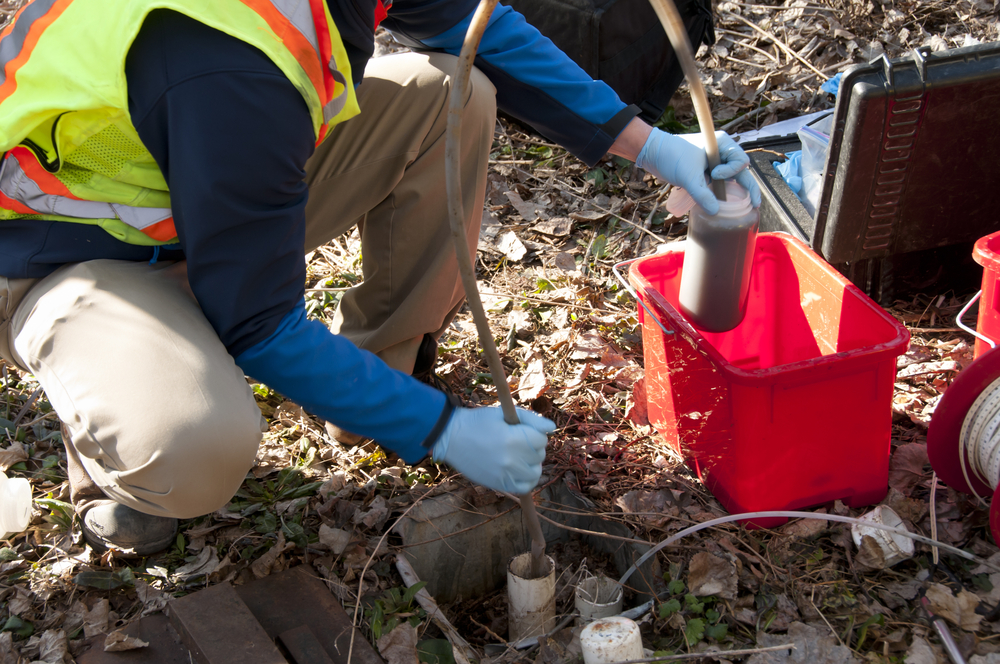
Possible contamination of groundwater by natural gas has occurred in no more than seven out of 1,385 shale wells studied in Bradford County, an area heavily drilled, according to researchers at Penn State’s Earth and Environmental Systems Institute.
The researchers used data-mining techniques to search for methane concentrations patterns in 11,000 groundwater samples from the 2010s. Methane concentrations are a possible indicator of contamination from shale gas wells that used fracking, although they also can occur naturally.
Total dissolved solids, sulfate, pH, iron, and manganese also were examined.
Researchers found groundwater had remained level or improved from when samples were taken in the 1990s.
“The most interesting thing we discovered was the groundwater chemistry in one of the areas most heavily developed for shale gas – an area with 1400 new gas wells – does not appear to be getting worse with time, and may even be getting better,” Susan Brantley, director of the institute, said. “But using data analytics, we could also see rare sites that warrant more investigation for possible gas anomalies.”
Brantley believes the findings are evidence of the success of the Clean Air Act and a decrease in acid rain.
The findings were published in the journal Environmental Science & Technology.